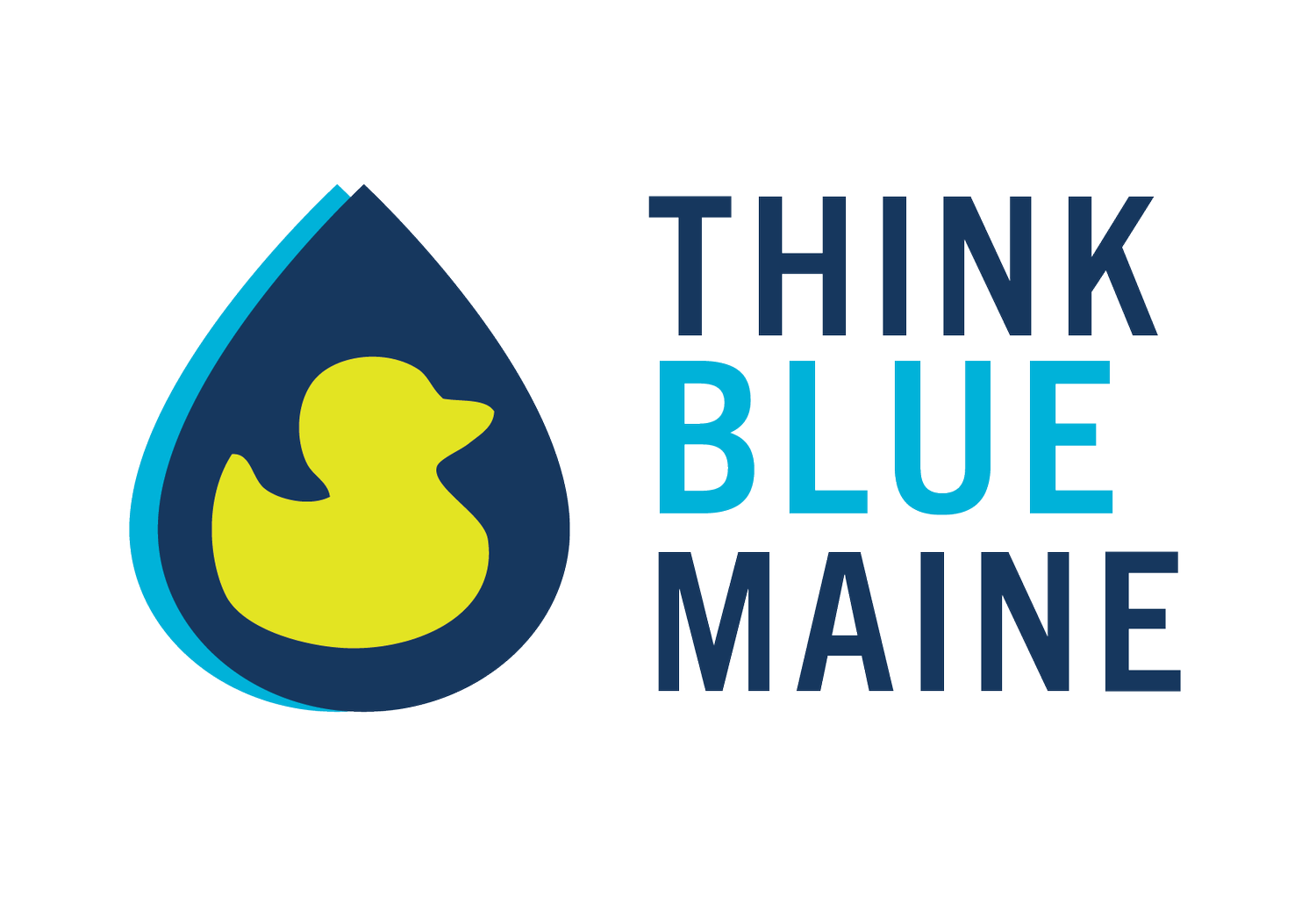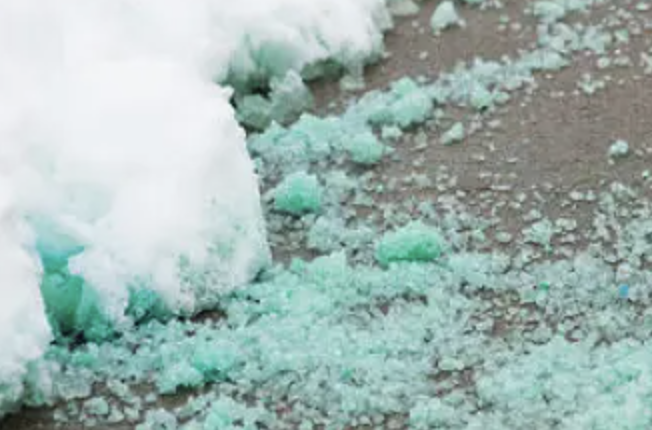Residents Information
-
You can grow a healthy yard by adding more plants and gardens and reducing or eliminating your use of fertilizers and pesticides.
Take a soil test before applying compost, fertilizer, lime, and other products to give your soil what it needs while saving time and money.
Healthier soil leads to healthier plants and fewer pests. Learn how with YardScaping.
Swap some of your lawn for vegetable gardens, pollinator gardens, groundcovers, or other landscaping to grow food, create habitat, and reduce maintenance.
Don’t apply products before a storm as it will wash or blow away.
Clean up any lawn clippings, lawn care products, or other yard waste from driveways, sidewalks, and roads so they don’t flow to or block the storm drain.
Reduce your soil erosion by:
Planting trees, shrubs, and other plants to create a buffer between your property and any waterway or storm drain to filter out pollutants.
Capturing runoff with rain barrels, rain gardens, and drip line trenches.
Stabilizing paths and walkways with mulch, crushed gravel, or steps.
Minimizing the time soil is exposed when you do construction or landscaping.
Maintaining gravel roads and driveways.
-
The average dog produces ¾ of a pound of waste a day, that’s 274 pounds a year! One gram of pest waste (the size of a pea) contains 23 million fecal bacteria (like E. coli) and can also transmit other pathogens like parasites and viruses. Leaving pet waste on the ground increases public health risks by allowing those harmful fecal bacteria, pathogens, and nutrients to wash into storm drains, eventually carrying it into local water bodies. Farms and other areas that have large numbers of livestock or other animals can contribute to stormwater pollution as well if their waste is not properly managed.
Always carry at least 3 pet waste bags per dog with you.
Pick pet waste up in a bag and dispose of it in the trash.
Or flush it down the toilet (flush only the pet waste – empty it out of the plastic bag first).
Dog waste won’t properly decompose to kill any pathogens if left on the ground or put in a backyard compost pile.
Whether you let your dog out in your yard, walk in your local neighborhoods, or go to local parks and trails, always bag and trash your dog’s waste. You can learn about the cumulative impacts of improper dog waste disposal in a 2021 survey of local parks and trails in the Greater Portland and Saco areas.
-
Litter washed into our water bodies can choke, suffocate, or disable aquatic life such as ducks, fish, turtles, and birds. Common litter items include cigarette butts, fast food packaging, and bottles.
Properly dispose of paper, plastics, glass, and other waste by recycling them or throwing them away.
Keep your recycling and trash bin lids closed.
Sweep up litter and debris from sidewalks, driveways, and parking lots, especially around storm drains.
Join a litter clean up challenge!
-
Road salt and deicers have a harmful impact on local water bodies when they dissolve into stormwater and are carried into the storm drain. Reduce the use of salt and melting agents by applying them sparingly and storing them properly.
Salt before the storm to prevent ice from forming.
Remove snow manually before applying any salt or sand.
Keep salt and sand covered or in a closed container.
Apply salt so there’s 1 to 2 inches of space between granules. A 12 ounce coffee cup of salt is enough to cover 10 sidewalk squares or a 20 foot driveway.
Check the temperature! Salt doesn’t melt if the pavement is colder than 15 degrees Fahrenheit.
-
Leaking vehicles can drip oils and gas onto the ground where they are picked up by runoff and carried into the storm drain. Soap from washing cars can also flow to storm drains and enter our water bodies. Avoid polluting local water bodies by keeping your vehicles functioning properly.
Service your car regularly.
Dispose of used auto fluids and batteries at designated drop-off and recycling locations.
Use a funnel to fill up fluids and use drip basins and drop clothes to avoid spilling when changing fluids.
Always fill and change fluids on a level, impervious surface.
Take your car to the car wash instead of washing in your driveway or yard. Even biodegradable soaps pollute stormwater.
Coal tar pavement sealing products are toxic and can cause harm to human health and the environment. Starting October 1, 2024 the use of coal tar sealants is prohibited by Maine State Law.
-
Streets continually gathers dirt, sand, metals, leaves, and litter. Without street sweeping, our roads would quickly become blocked leading to flooding and in the winter, worse ice conditions. Even blocks with streets that look “clean” can have several hundred pounds of dirt and debris picked up by a street sweeper.
Street sweeping has multiple benefits including:
• Making streets look nicer for residents, businesses, and visitors
• Preventing materials from clogging storm drains
• Removing road hazards for cars, bicyclists, and pedestrians
• Picking up soil and water pollutants
Why am I being asked to move my car?
Street sweeping takes place multiple times a year to pick up litter, leaves, metals, sand, and other debris. Street sweepers move slowly so they can pick everything up which means it takes a long time to reach each street. Most pollutants street sweepers are trying to reach are within 12 inches of the edge of the road or curb. Parking your car out of the way helps the street sweepers reach everything they need to while they’re in your neighborhood.
-
Leaking and poorly maintained septic systems release bacteria, viruses, and nutrients that can be picked up by stormwater and flow into nearby water bodies. This can cause public health problems and environmental concerns.
Inspect your septic system every year.
Pump your tank as often as necessary (an average of every 3 years for year-round homes; every 5 years for seasonal homes).
Avoid practices that might damage your septic tank and leach field, such as driving over it with a vehicle or planting bushes and trees over the top of it.
Do not use drain cleaners or other toxic chemical products.
Do not put cooking oil or grease down the drain.
-
Cleaning products for clothing, appliances, drains, and other objects are considered hazardous waste because they are extremely toxic to humans and the environment. When disposed of improperly, they can contaminate local water bodies and affect your health. Here are some tips to help use, store, and dispose of these hazardous products:
Dispose of chemicals as specified on the product’s labeling.
Store chemicals in their original containers.
Don’t overuse household chemicals.
Call your municipality to find out about proper disposal techniques and locations. Visit the Maine DEP website for general disposal information.
-
There’s no such thing as a “small spill.” If you have an oil or hazardous material spill, witness an oil or hazardous material spill, or if there is a threat of a spill of oil or hazardous materials, your first step should be to report the spill to Maine DEP. Response Services staff will be able to provide you with guidance about what to do next and, if necessary, will respond to the spill site to initiate/advise the clean-up and proper disposal of the spill. Procedures and requirements for reporting spills vary depending on the material spilled.
To Report Oil Spills call (24 hours) 1-800-482-0777
To Report Hazardous Material Spills call (24 hours) 1-800-452-4664
Learn More
There are many ways you can Think Blue!








